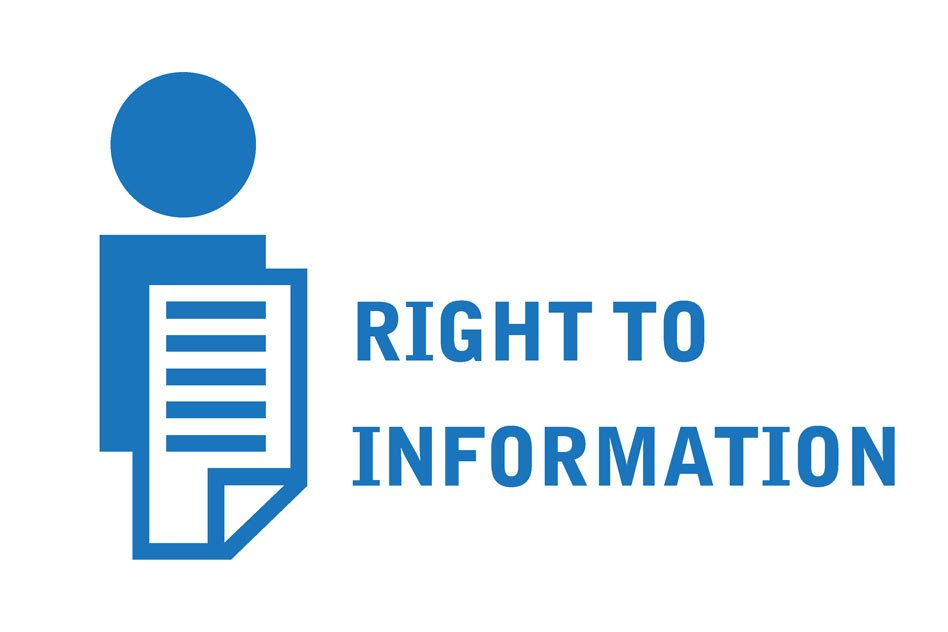Originally Published On Factly | Author: Rakesh Dubbudu Image Source: cimap
The issue of political parties coming under the ambit of Right to Information Act is in the news again after the Supreme Court issued notices to the six national parties to explain their stand. The issue dates back to 2013 when the Central Information Commission made a historic order bringing the six national parties under RTI. The BJP government in its counter affidavit in the Supreme Court said that the political parties cannot be brought under the RTI act.
The Association for Democratic Reforms (ADR) had filed a Writ Petition in the Supreme Court against the Government of India and the six National Parties that failed to comply with the Central Information Commission order bringing these parties under the ambit of the Right to Information (RTI). The Supreme Court had admitted this petition and issued notices to the six National parties as well as the Government of India. Now the Government of India filed a counter affidavit in the Supreme Court saying that the Political Parties cannot be brought under the RTI act, thus toeing the line taken by the previous UPA government.
The CIC Order
The full bench of the Central Information Commission (CIC) in its historic order on June 3rd, 2013 ruled that the Six National Parties (INC, BJP, CPI, CPM, BSP & NCP) are public authorities under Section 2(h) of the RTI act and that they are supposed to comply with the provisions of the act. The order cited the following reasons in detail for categorizing the political parties as Public Authorities.
- Direct & Indirect benefits by the Government like subsidized land for party offices, Income Tax exemptions, free air time on Doordarshan & All India Radio, supplying electoral roll copies free of cost during elections etc.
- Political Parties perform a public Function
- Constitutional and Statutory Status of Political Parties
The political parties on their part said that none of the benefits can be construed as substantial financing as such practices exist in most democracies. But the CIC did not agree with them.
What happened after that?
The six National parties did not comply with the decision of the CIC by not appointing a Public Information officer (PIO). In the meanwhile, the political parties unanimously decided to introduce a bill in the Lok Sabha towards the end of 2013, to amend the RTI act. This amendment would effectively nullify the CIC order and exempt Political Parties from RTI. This amendment was also supposed to be retrospective in nature. After a public outcry, the bill was referred to a department related standing committee. The bill could not be passed before the expiry of the 15th Lok Sabha and hence got lapsed.
In the meanwhile, the original petitioners moved the CIC again against the non-compliance of its orders by the political parties. The CIC conducted two hearings on the matter in November 2014 & January 2015. The political parties decided not to send any representative to these hearings. After the hearings, the CIC in afresh order in March 2015 reiterated its earlier ruling and effectively said that it cannot do more than issuing an order and it is not in a position to get its own order implemented. Following this, the petitioners have approached the Supreme Court.
What did the Government say now?
The Government of India in its counter affidavit in the Supreme Court said that the CIC has made a very liberal interpretation of Sec 2(h) of the RTI act and that it led to an erroneous conclusion that political parties are public authorities under the RTI act.
The counter affidavit further said that the RTI act was never visualized to bring political parties within the ambit of the RTI act. It went onto say that the bringing political parties under the ambit of the RTI act would hamper the smooth internal working of the parties and that political rivals with malicious intentions would file RTI applications thereby adversely affecting the functioning of the parties.
The government in its counter affidavit also contended that there are already provisions in the Representation of People Act, 1951, as well as the Income Tax act of 1961 that lead to transparency regarding the financial aspects of the political parties.
The counter affidavit then goes onto cite the relevant provisions of the above said acts in detail. The counter affidavit also mentions the bill introduced in the Lok Sabha to amend the RTI act during the UPA regime that, lapsed with the dissolution of the 15th Lok Sabha.
What does this mean?
We will have to wait and see how the Supreme Court’s response. But one thing is clear, that all the political parties are united sans ideology when it comes to parties being brought under the ambit of the RTI act. While there might be genuine concerns about the potential misuse by political opponents, neither the government nor the political parties have come forward with any plan to implement the recommendations of the various Law Commission reports regarding financial transparency of political parties.
Written by- Rakesh Dubbudu












